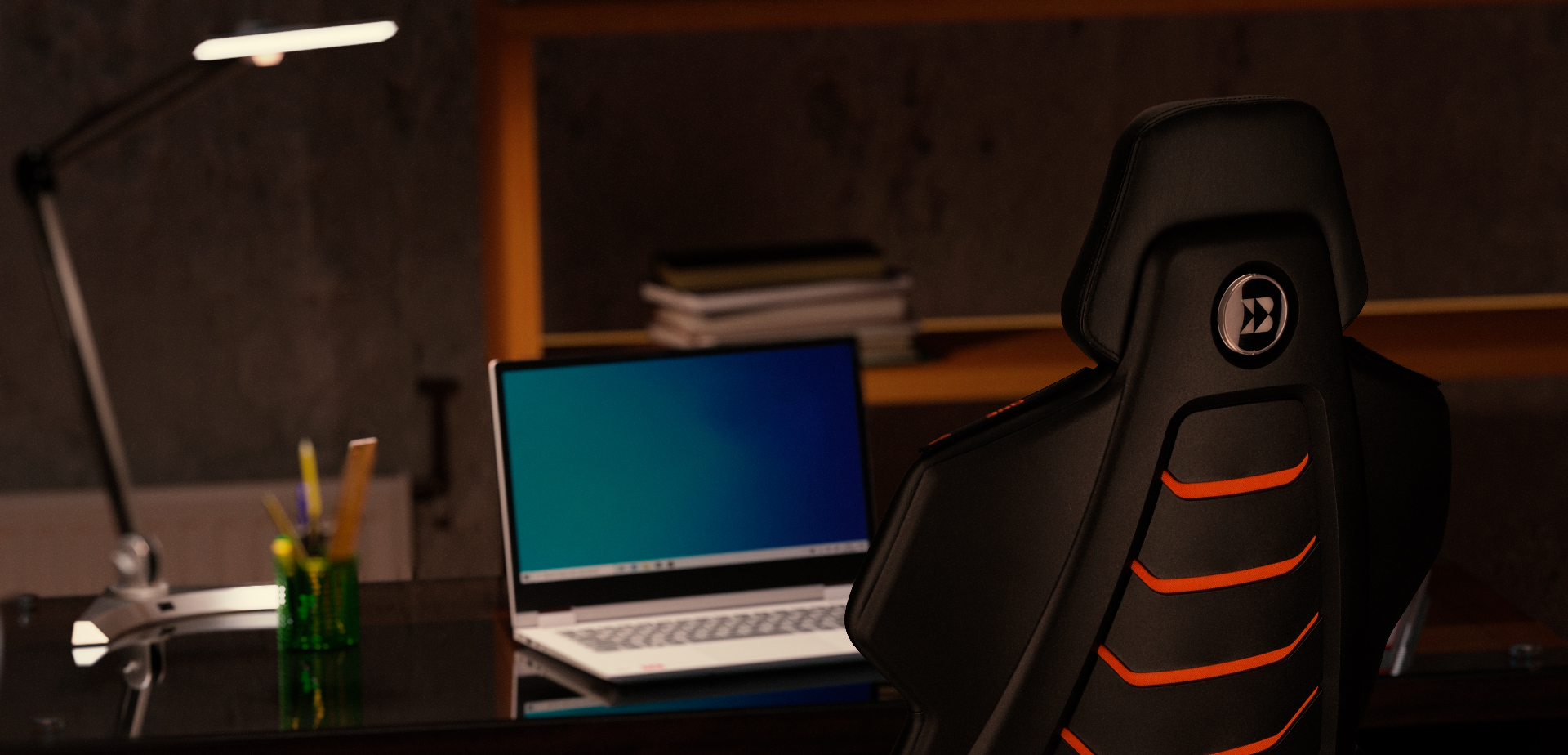Home Office - what you should know
14.02.2022

Home Office - what you should know
Because of COVID-19, many of us - whether we wanted to or not - have moved to the home office. The trend of the last few years, will continue after COVID-19 - only much stronger than one would have thought before. One of the reasons for this is that home office has significant advantages that are particularly convincing to employees: no commuting, more flexibility and, depending on one's living situation, also quieter.
Some have certainly already had experience with home office and are aware of possible pitfalls that should be kept in mind: what about accessibility? Do I have to record my working hours? Can I ask my employer for (financial) support for my equipment?
You should also be aware that a chair you use in your home office may also be tax deductible.
In the following, we have provided you with a small overview so that you can avoid any stumbling blocks from the very beginning. However, it is important to discuss everything in detail with your employer beforehand.
Not all home offices are the same
To begin with, it is important to go into the differences between the various types of home office. Here, the legislator distinguishes between teleworking and mobile working.
Teleworking
Strict legal requirements apply to teleworking. These include fixed computer workstations installed in the employee's private rooms. The exact conditions must be specified in the employment contract, but the employer is always obliged to provide the employee with the necessary equipment. The "remote office" (i.e. the computer workstation), must meet the same requirements as a workstation in the company itself (§ 2 para. 7 ArbStättV).
Mobile working
In contrast to teleworking, there is no legal framework here and no workplace regulations apply. This makes mobile working much more flexible - for employers and employees: employees can complete tasks anytime and anywhere by using smartphones, tablets, laptop.
Duties in the home office
Availability
During working hours, on which you agree with your employer, you should of course be available. Here you should clarify whether you can arrange your working hours freely or whether you have to adhere to the core working hours. Outside of your working hours, it is your own free time, which you can arrange yourself.
However, don't forget to communicate with your colleagues from time to time - unlike in an office, you won't even run into each other in the hallway, outside the building or during a break and talk about current tasks or projects. So get into the habit of regularly using the channels provided by your employer to communicate with your colleagues. A good tip is to schedule regular appointments to communicate with your team members or the relevant colleagues to update them and agree on the next steps.
Time tracking
Back in 2019, the European Court of Justice ruled that employers are responsible for recording the working hours of their employees - including those who work on the move. There are now a variety of options for this, and an old-fashioned time clock is no longer one of them. A simple Excel spreadsheet or its equivalent would already suffice for this purpose. In larger companies, there is usually already an electronic time recording system in place, which can then also be used by employees in the home office or who work on the move.
Don't see the time you spend on this as an expense, but rather as an opportunity to work even more efficiently and purposefully. Through regular evaluation, you can also find out how much time you spend on your different tasks.
Contracts and laws for home office
As a rule, your workplace is defined in your contract. Your employer can't just ask you to use your private rooms to work in them. However, during a global pandemic, it is for the good of society if as many people as possible work from home. Look at it as an opportunity if you have the possibility to work in your home office. With the right (technical) equipment - including an ergonomic chair (such as our BACKFORCE ONE), the home office can only go well!
Right to home office
In contrast to other countries, such as the Netherlands, there is no legal right to a home office in Germany. Currently, therefore, the decision as to whether work can be done in a home office lies with the employer. This means that employees cannot, in principle, demand to work in a home office.
However, your employer also has a duty to protect you. If it is unreasonable for you to work in the office, you can exercise your right to refuse to work (for example, if your colleague is infected during the Corona pandemic and you do not want to become infected).
Adjustment of employment contract
If it hasn't happened yet, it's definitely a good idea to make a written provision regulating home office. Especially if you work full days in the home office, this is an advantage. Usually this happens in the form of an additional agreement to the employment contract.
Working Hours Act
Even when working in a home office, the Working Hours Act (ArbZG) applies, which employees must also comply with at home. This law contains regulations on maximum working hours, rest breaks and rest periods, including the prohibition of working on Sundays and public holidays. The employer should find a way to enable a regulation for time recording and point out as well as insist on the compliance with the ArbZG.
Labor and data protection
Like the Working Hours Act, labor and data protection must also be observed in the home office. The employer can therefore prohibit you from taking sensitive data into the home office or oblige you to use the IT equipment provided by the employer exclusively for business purposes. Other measures that the employer can use are the use of VPN clients, data encryption and so on.
It's important, especially if you're working with your personal computer, to clarify the handling of internal company data.
Work accidents
It is important to know that work accidents are also insured when working in a home office. However, it can be very difficult to distinguish between a private and a work-related accident: going to the front door to receive a package is a private trip. If you go to the scanner to scan something for work, you are insured for accidents through the company. Basically, a private accident insurance makes sense to protect you additionally.
Home Office: Equipment
Equipment costs
The costs for your home office do not necessarily have to be covered by your employer. If you have the option of working in a home office in addition to your workplace, your employer does not have to reimburse you for any costs. If, on the other hand, you work exclusively in a home office and do not have a fixed office workstation, your employer is obliged to cover the costs of your home office. This includes the (technical) equipment as well as the costs for internet and, if required, telephone.
It is advisable to specify the basis for this in your employment contract.
Ongoing costs
Part of an agreement with your employer regarding home office reimbursement should also address running costs: Rent, electricity, heating, telephone, internet and so on. As a rule, you are entitled to a monthly lump sum for running costs.
Tax and Home Office
As an employee, you can deduct work equipment from your taxes under certain circumstances, regardless of whether you work in a home office or on the road. This includes work equipment such as a chair, monitor, graphics card and so on. Here it is worthwhile for you to invest in high-quality work equipment, since these (depending on the tax rate and other income-related expenses) become significantly cheaper due to the tax deduction.
Access authorization for the employer
The employer is obliged to ensure that you comply with laws such as the Occupational Health and Safety Act or the Workplace Ordinance in your home office. To do this, he can also enter your home to make sure that this is the case.
We hope that this article was able to help you a little. Please note, however, that you should definitely seek professional advice again - this article serves more as an initial overview.
back to overview
